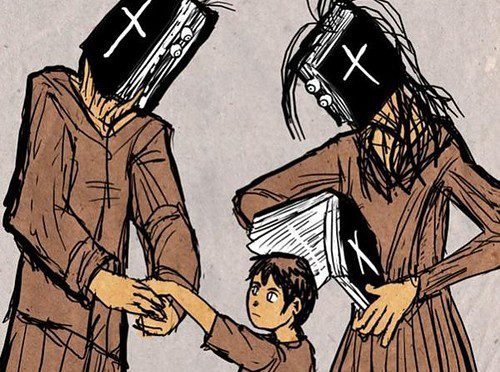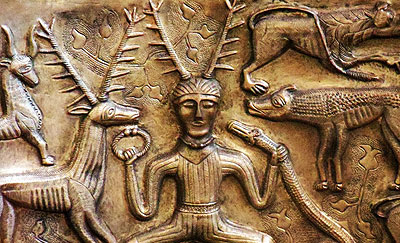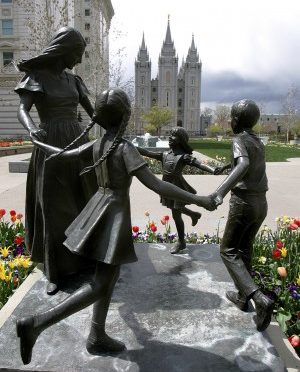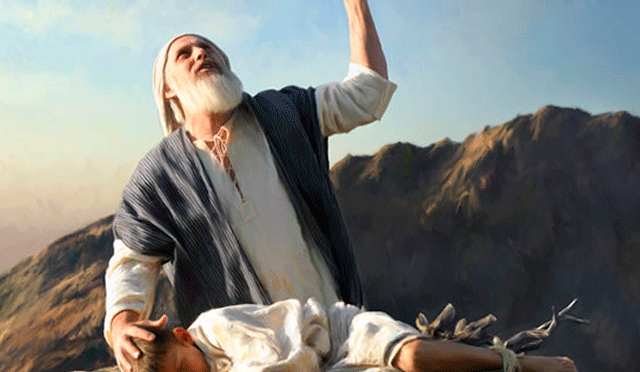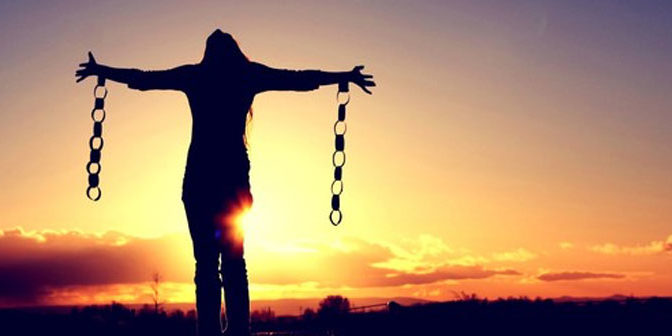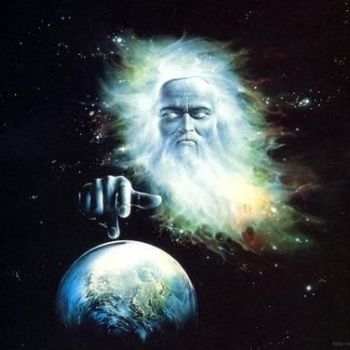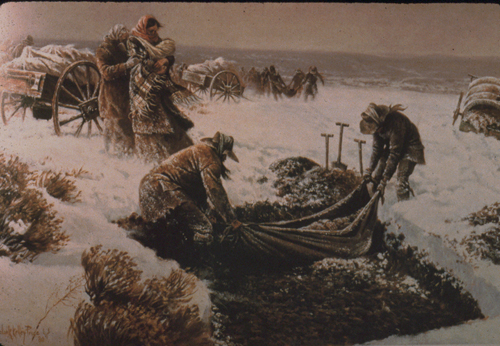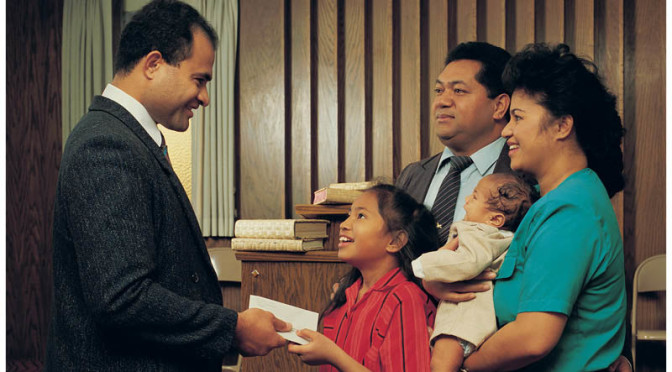(Adapted from a response to a comment from Jake)
My morality shifts. When I learn of new evidence, new arguments, new rationale, what I determine to be moral can change. I may have accepted slavery 400 years ago as moral. Maybe because I believed the claims of a prophet or a barbaric, ancient text. Fortunately, now I have better evidence, arguments, and reasons for my position. The “fair test” is against the best evidence and arguments we have. Not against the words of ignorant and ill-informed tribesmen who lived 6000 years ago.
Fortunately, those who claim to follow biblical morality change as well. It is rare to see someone stoned to death for believing differently, or for being gay, or being a disobedient child, or for not having been a virgin on her wedding night.
Ten Christians will interpret The Bible ten different ways. Some will think homosexuality a sin. Some won’t. Some will claim that ‘grace’ is all that is needed for salvation. Some will say “faith without works is dead.” Who is right? Who is wrong? What methodology was used to determine it?
- Two Christians debating Biblical morality are engaged in a semantic and/or literary debate.
- Two atheists debating secular morality are engaged in a philosophical and/or scientific debate.
I would argue that the second methodology is a better way to arrive at a useful and meaningful conclusion.
I have read The Bible. Besides the clear endorsement of slavery in the Old Testament, Paul clearly instructs slaves to “obey your earthly masters with respect and fear.” (Eph. 6:5). Though I am sure many Christians have some biblical answer that they feel negates this or explains it, and I am happy to hear it, we would be involved in a semantic or literary debate; not a moral debate. Not a philosophical debate. If what The Bible says is moral, simply by virtue of being in The Bible, then I argue that it plainly endorses slavery and never plainly condemns it. If, however, we want to argue actual morality, I argue that slavery introduces cruelty and misery which is not preferable to health and happiness. It does not benefit the whole of our species. It does not make the survival of the individual nor our species more likely. Which debate is more useful? A tit-for-tat of scriptural versus, or a debate on what is really right and wrong and why? What is best for individuals and our society? Which position better promotes happiness and well-being?
Christians argue that Biblical morality is superior to secular morality because it is more “concrete.” It has a “solid” foundation in The Bible and in God. Looking at history, however, Biblical morality also changes. Ritual circumcision changed. Consumption of pork changed. Stoning laws changed. Seems that biblical morality lacks solid ground as well.
It was once acceptable to believe that The Earth was the center of the universe. It was always wrong. We now have the evidence to know that model is incorrect.
Slavery was socially acceptable. It was always morally wrong. We now know it. We have the evidence and the rationale of its inherent harm – to the individuals as well as to our society and species.
The US currently has a death penalty for certain crimes. Some people use The Bible to justify it. Others use The Bible to condemn it. Who is right and who is wrong about The Bible’s position is not a moral argument; it is a matter of literary opinion. I think it would be far better to use evidence, reason, and critical thinking to arrive at a superior and more structurally sound conclusion.
Biblical morality is based on an ancient text, changing based on who is doing the reading, who is doing the interpreting, and in which version. Christians claim those morals are based on a universal constant that cannot be reliably demonstrated. My morality, and indeed, the morality of our entire society, is always changing and shifting – usually for the better. From slavery to murder; each previously justified in the minds of believers by The Bible, who now use the same tome to condemn them. Very convenient for believers, but not the steadfast platform for morality they claim it to be.
“I am free, no matter what rules surround me. If I find them tolerable, I tolerate them; if I find them too obnoxious, I break them. I am free because I know that I alone am morally responsible for everything I do.” – Robert Heinlein

